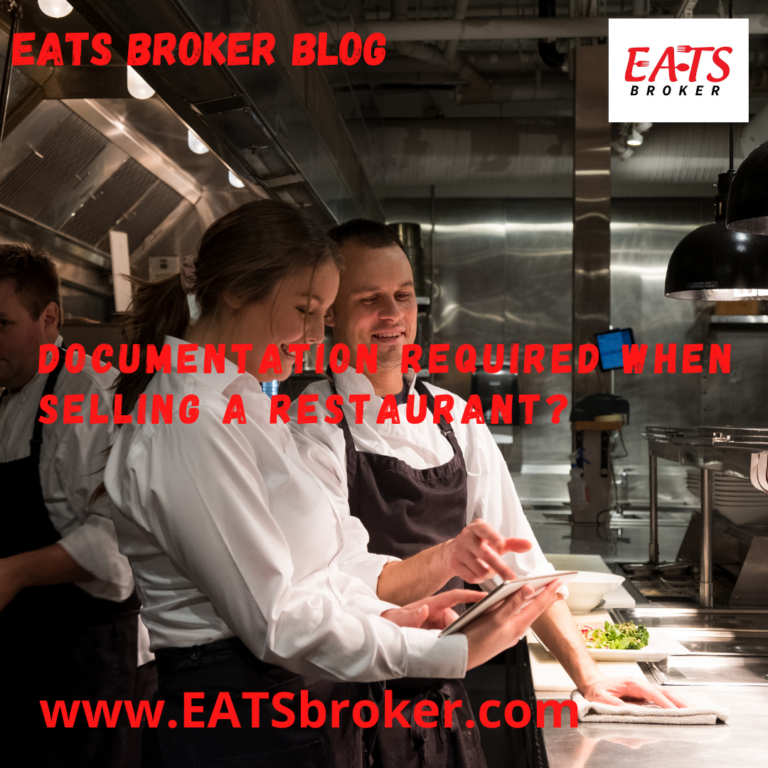
Documentation required when Selling a Restaurant
The Documentation required when selling a restaurant can depend on several factors. Once the buyer’s offer is accepted, the restaurant owner starts to think about

The Documentation required when selling a restaurant can depend on several factors. Once the buyer’s offer is accepted, the restaurant owner starts to think about
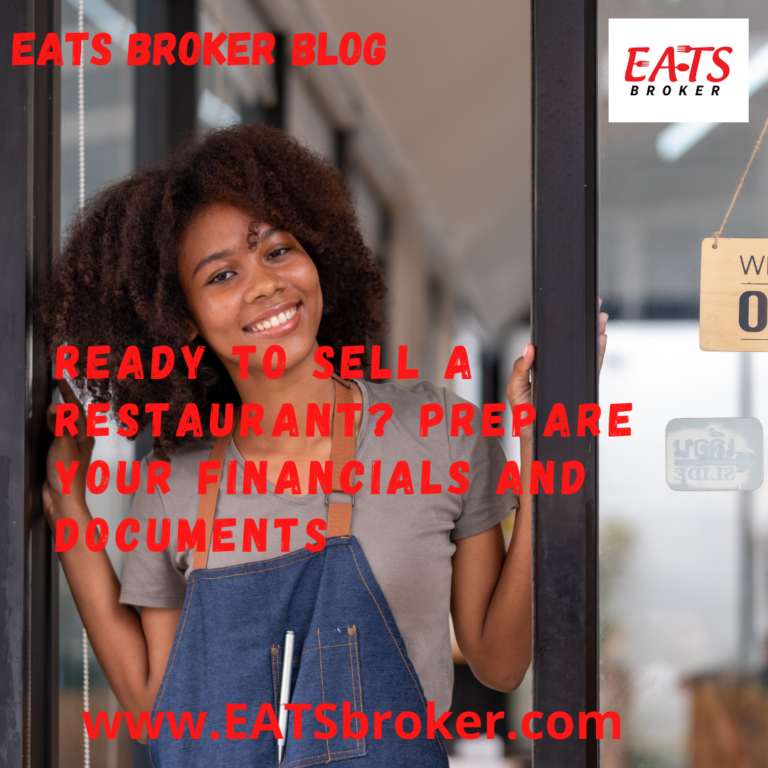
It’s the end of the year, and many restaurant owners are ready to sell. November and December are great months to prepare a restaurant to
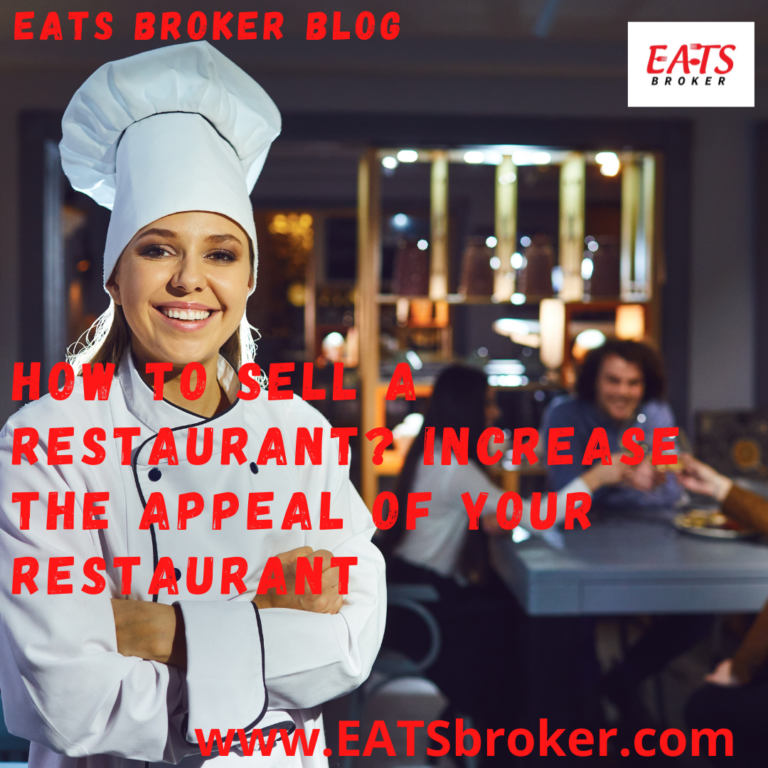
Do you want to use the cheat code to sell a restaurant? The answer is simple: Increase the appeal of your restaurant before you list
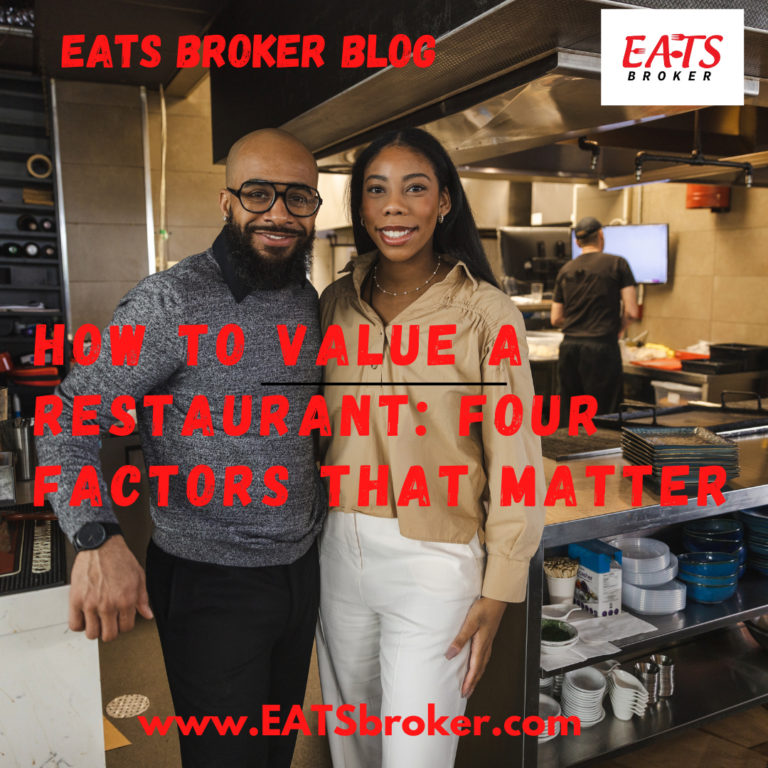
When the time comes to sell a restaurant business, most restaurant owners are often unsure about how to value their Establishment or the factors that
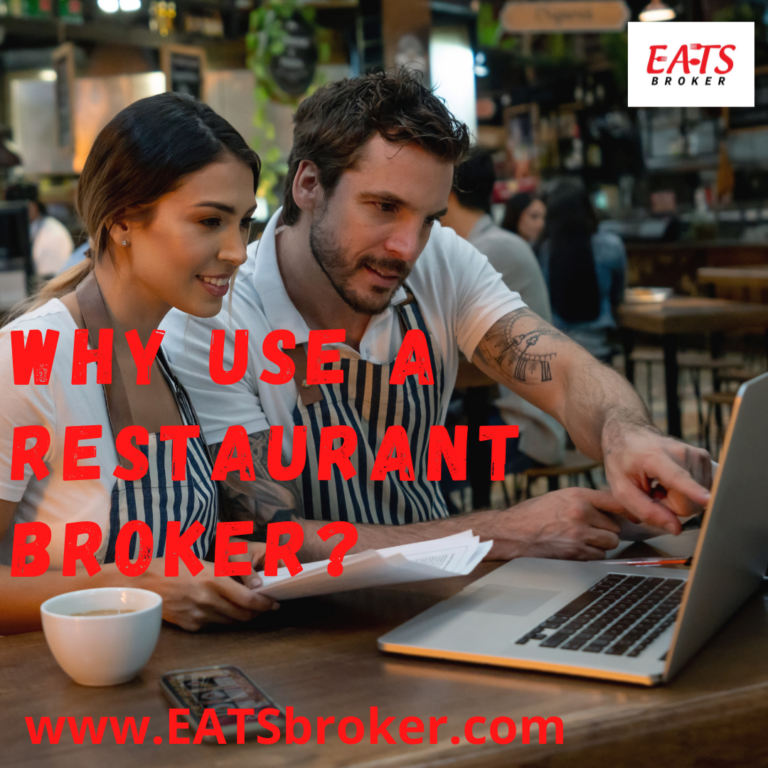
Why use a Restaurant Broker when it’s time to sell a restaurant? It’s a simple question that has a complex answer. A Restaurant Broker is
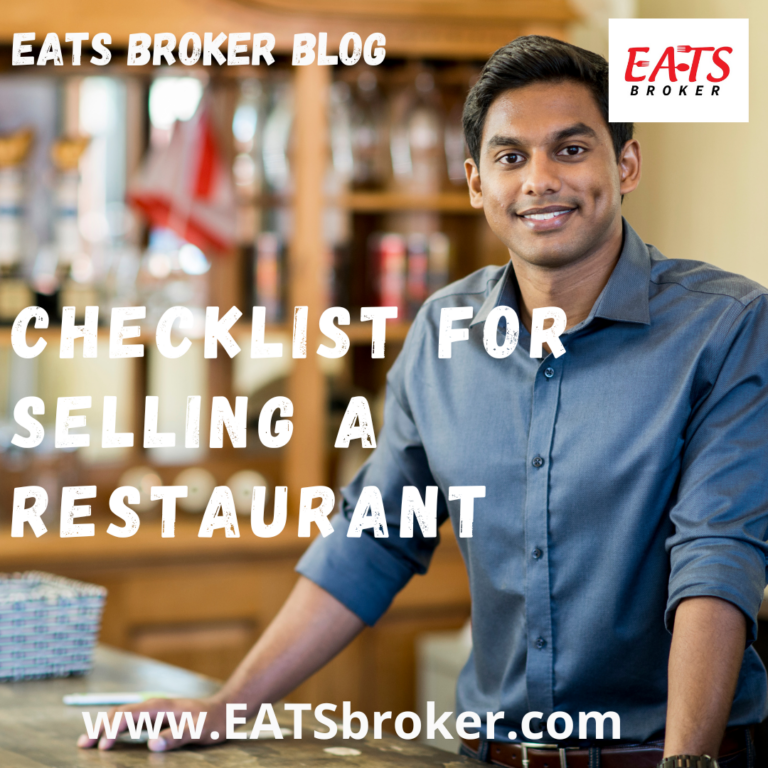
EATS Broker provides a checklist for selling a restaurant
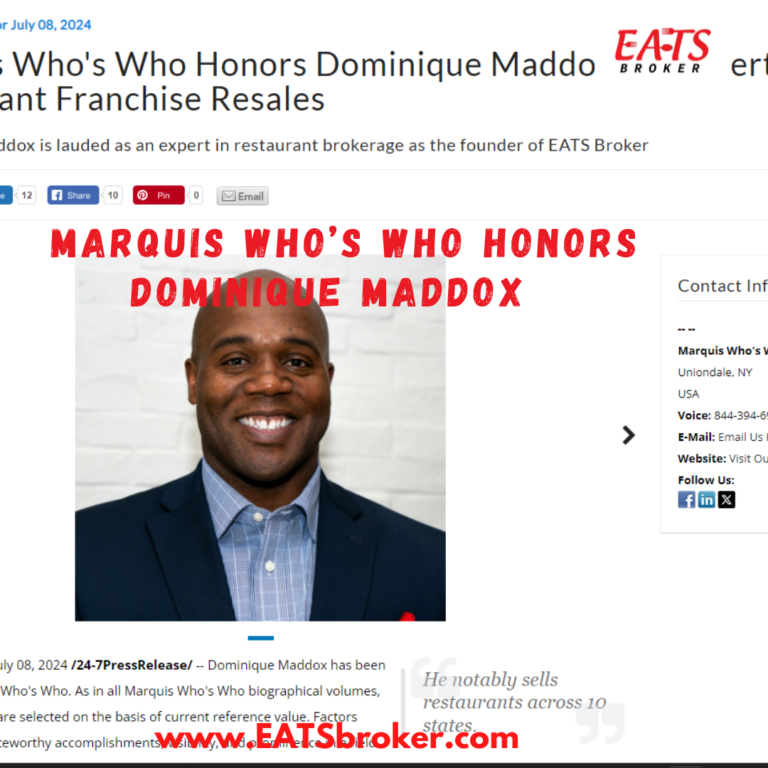
Marquis Who’s Who Honors Dominique Maddox for Expertise in Restaurant Franchise Resales. Established in 1898, Marquis Who’s Who began publishing biographical data in 1899. The
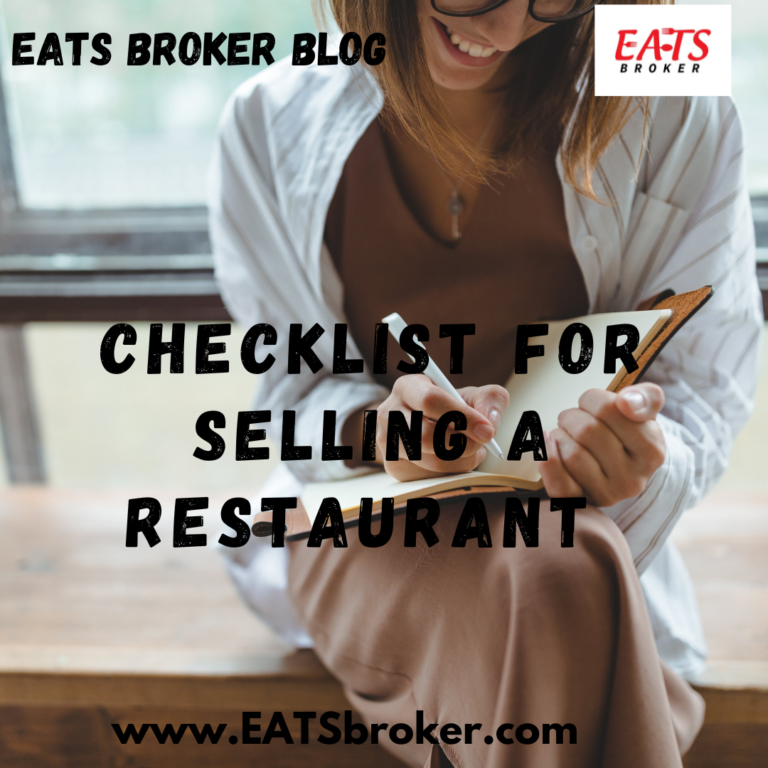
Restaurant Broker provides a Checklist to Sell a Restaurant
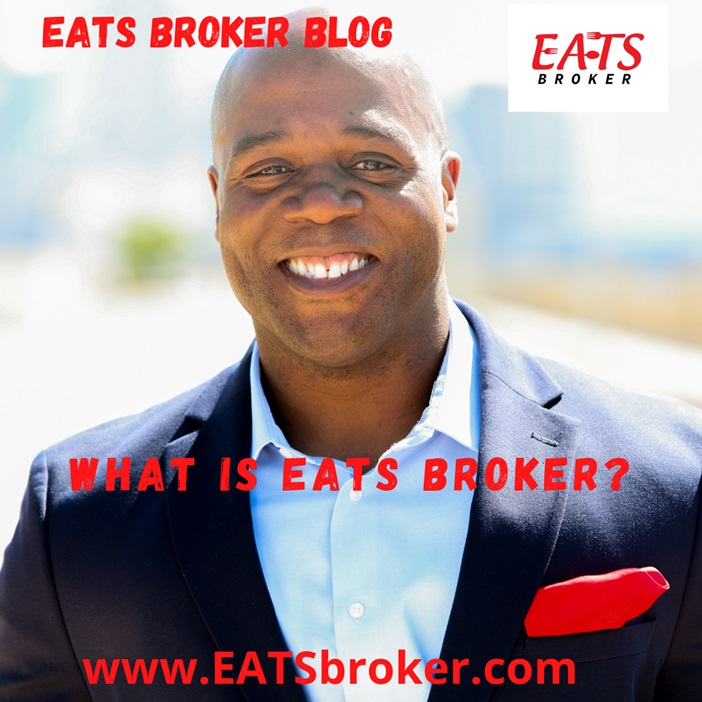
When it comes to the question, ‘What is EATS Broker? ‘, the founder and President, Dominique Maddox, is best positioned to answer. With his extensive

© Copyright 2025 EATS Broker | Consumer Protection Notice | Information About Brokerage Services